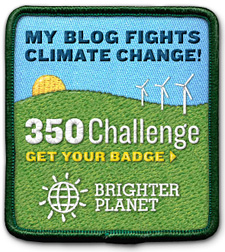 |
| Satellite view of Port Jackson |
Sydney is not only the very first European settlement in Australia but is also the largest city in Oceania. Its tall skyline and vast residential areas border the coastline as well as the Sydney Harbour. Located within Port Jackson, the harbour is 19 kilometers long and its coastline measures 327km²! Many boats navigate it on a daily basis: cargo ships and tankers, leisure and sailboats, ferrys, cruise boats, whale watching tours, water taxis, etc... With such floating traffic, anyone would expect the harbour to be similar to those in other major cities: dark polluted water.
Well guess again, Sydney Harbour is surprisingly clean in most places and that's exactly what the
Underwater Sydney team is trying to show us. With the objective of raising awareness about this fragile marine environment, they hope that people will start caring, helping & protecting. They are setting the foundations for a soon-to-come project, possibly in partnership with the
Sydney Aquarium Conservation Fund. In the meantime, the photographers are in the waters of Sydney Harbour, digging up amazing and beautiful pictures of this busy city's other inhabitants! Each photograph comes with an interesting and exciting story. I have included a few photographs below but I strongly suggest you visit the
Underwater Sydney website, subscribe to their RSS feed and support their cause.
 |
| Sydney Harbour |
 |
| Box fish |



















